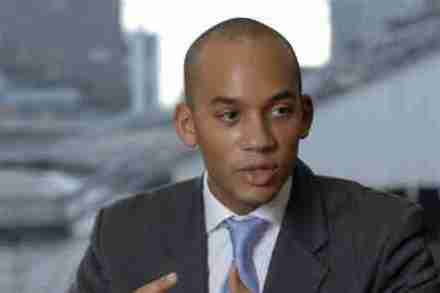PMQs Liveblog | 21 July 2010
Stay tuned for coverage of Clegg’s first PMQs from 12:00. 12:02: He’s off, the first Liberal to answer Prime Minister’s Questions since the ’20s. He lists the dead from Afghanistan. A tricky one on cuts in the capital schools budget from the MP for Gateshead. Clegg is clear: we should be under no illusion, Labour would have had to cut. 12:03: Tory MP David Borroughes asks if Gary McKinnon will spared extradiction? Clegg replies that Cameron and Obama have discussed the matter and hope to reach a satisfactory conclusion. 12:05: Jack Straw opens up for Labour, the noise is building. Straw asks: is the 2014 pullout unconditional? After a little















